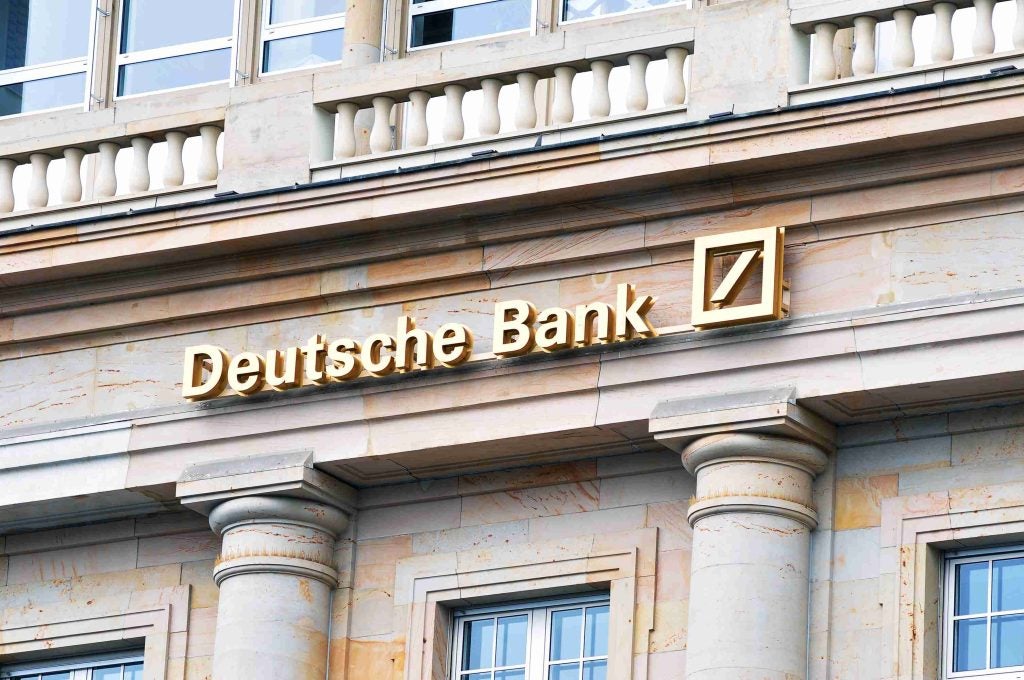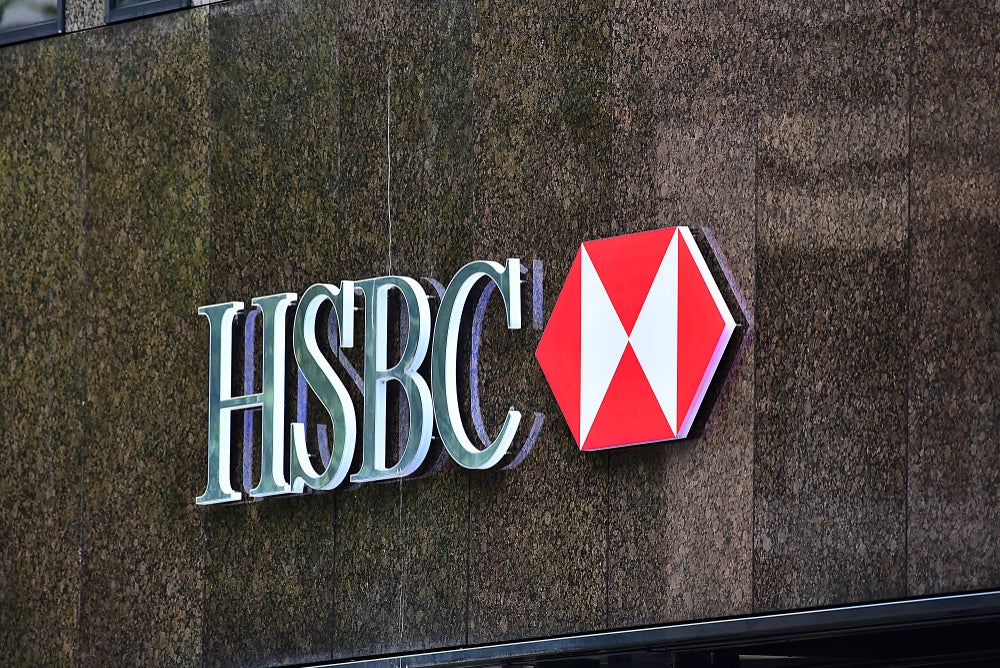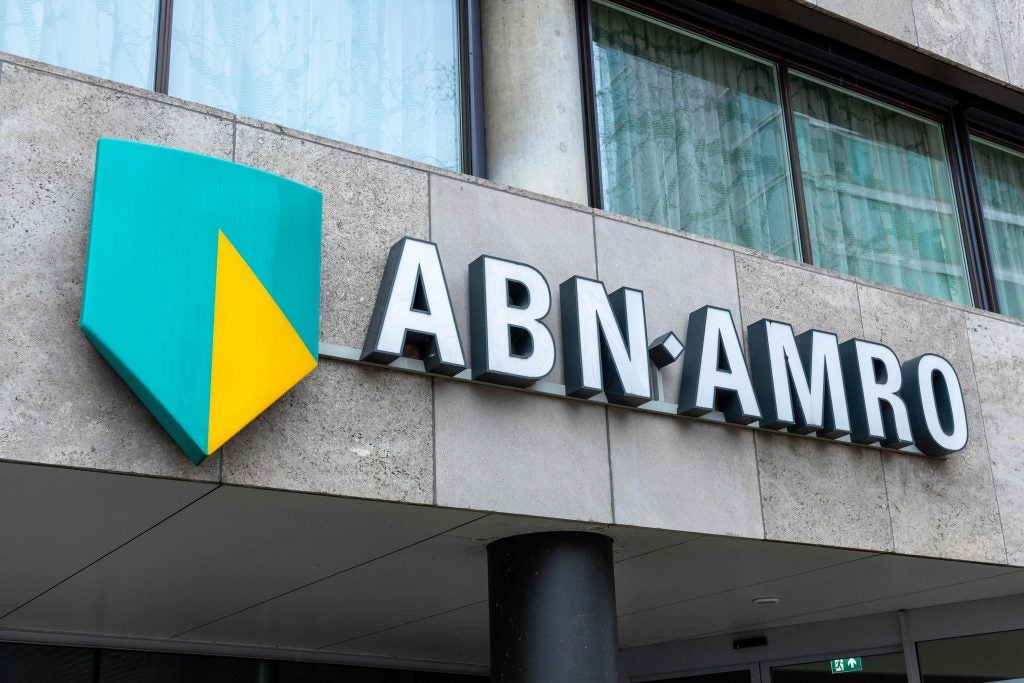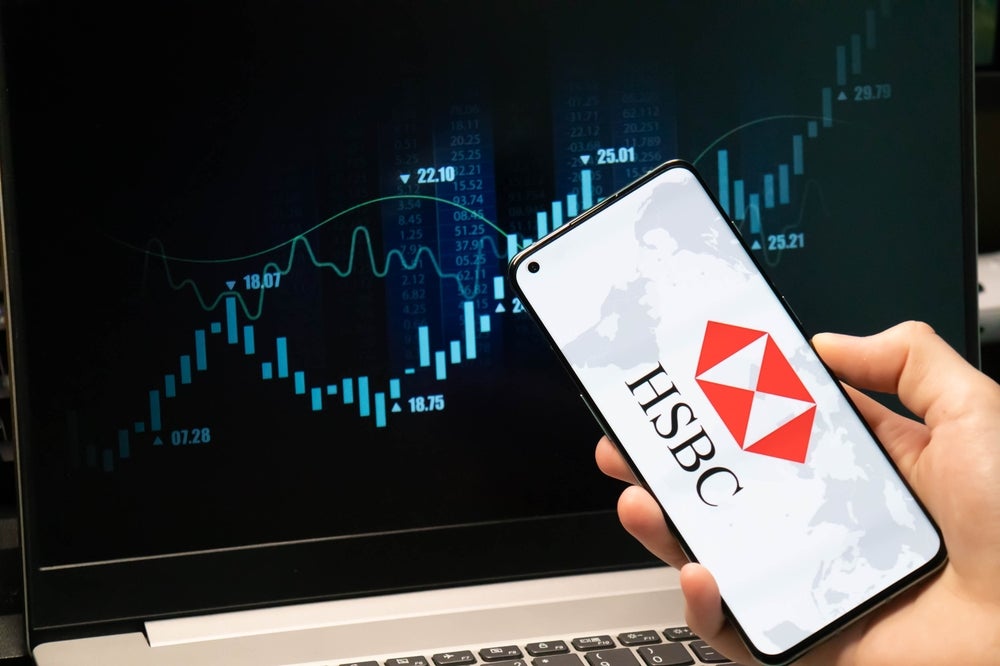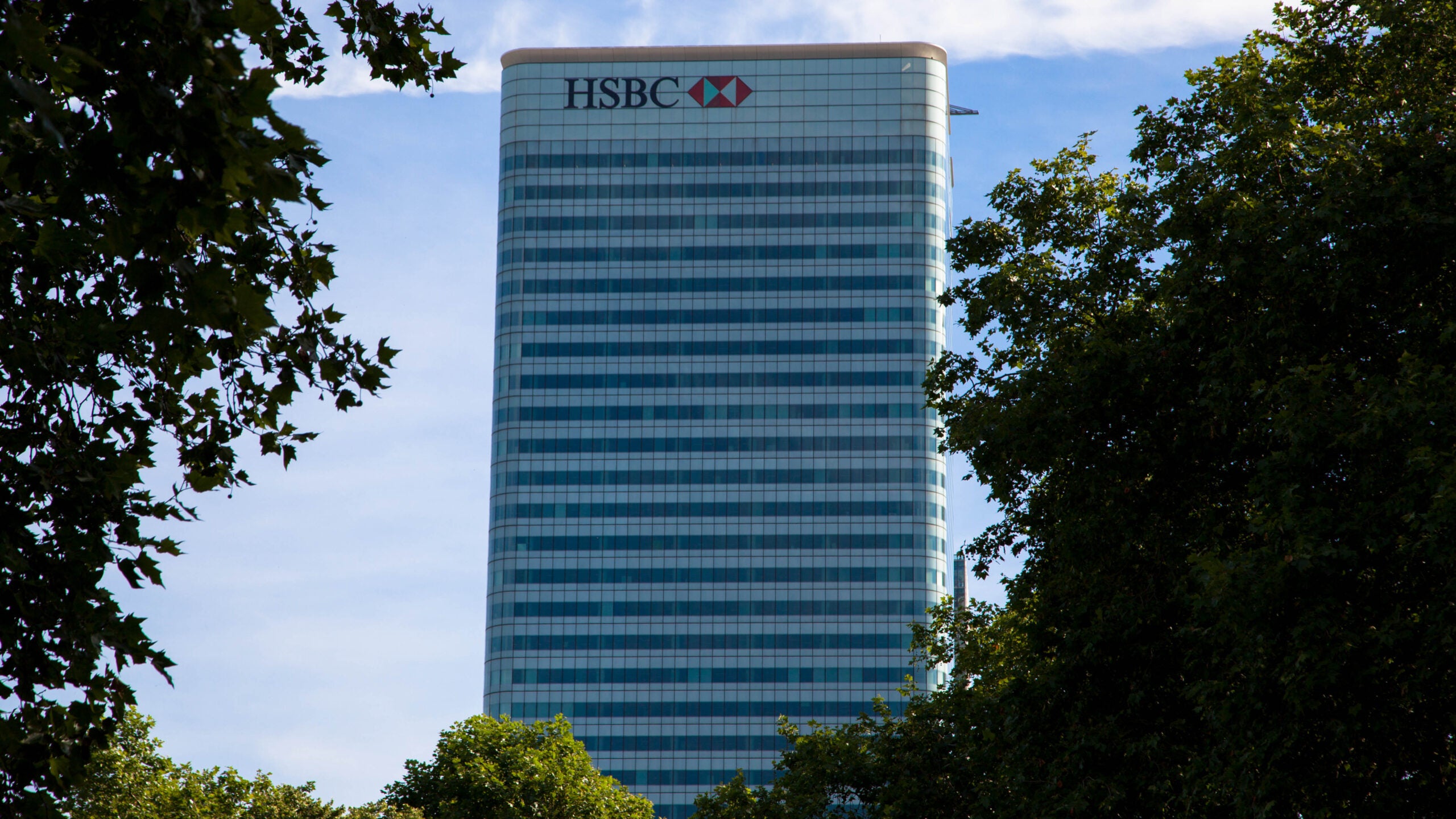
HSBC has reported a slump in Q1 2022 profit and dismissed the possibility of further buybacks this year, as it raised bad loan reserves due to the Russia-Ukraine conflict.
The Asia-focused lender was also hit by slowdown in Hong Kong due to Covid-19-induced curbs as well as a sluggish property market in China.
Its performance this quarter was driven by rise in expected credit losses (ECL), which “reflected the direct and broader economic impacts of the Russia-Ukraine war and inflationary pressures on the forward economic outlook”.
HSBC’s profit attributable to ordinary shareholders in January through March 2022 stood at $2.8bn, versus $3.89bn in the same quarter a year earlier.
Reported pre-tax profit dropped 28% to $4.2bn from $5.78bn whereas adjusted pre-tax profit dropped $1.6bn to $4.7bn.
The bank took an impairment charge of $642m in the three-month-period ending 31 March 2022, as opposed to Q1 2021 that benefitted from the unlocking of $435m in provisions.
How well do you really know your competitors?
Access the most comprehensive Company Profiles on the market, powered by GlobalData. Save hours of research. Gain competitive edge.

Thank you!
Your download email will arrive shortly
Not ready to buy yet? Download a free sample
We are confident about the unique quality of our Company Profiles. However, we want you to make the most beneficial decision for your business, so we offer a free sample that you can download by submitting the below form
By GlobalDataReported revenue fell 4% year-on-year to $12.5bn, mainly due to its wealth business, while adjusted revenue dipped 3%.
However, rising rates drove an increase in net interest income to nearly $7bn from $6.51bn.
Also on the bright side was the bank’s operating expenses, which fell 3% and 2% on reported and adjusted basis, respectively.
This was attributed to cost-saving efforts and a lower performance-related pay accrual that outweighed rising technology investment and the impact of higher inflation.
HSBC’s CET1 position, a key measure of strength, dropped to 14.1% at the end of March 2022 from 15.9% in the prior year.
In Wealth and Personal Banking, adjusted profit before tax tumbled 40% to $1.1bn.
Performance at the unit was due to 19% decrease in wealth revenue, which offset 7% rise in revenue within personal banking.
Fall in brokerage and trading revenue led to 3% decrease in Global Private Banking revenue, while Asset Management revenue dipped 6%.
Global Banking and Markets’adjusted profit before tax slumped 35% year-on-year to $1.2bn, with adjusted revenue at the division falling 4% to $4bn.
HSBC group CEO Noel Quinn said: “While profits were down on last year’s first quarter due to market impacts on Wealth revenue and a more normalised level of ECL, higher lending across all businesses and regions, and good business growth in personal banking, insurance and trade finance bode well for future quarters. We have further reduced costs while maintaining high levels of technology investment, and remain on track to achieve our cost and RWA reduction targets for 2022.
“Although the economic outlook remains uncertain, the continued upward path of interest rates since our full year results has further strengthened our confidence in delivering a double-digit return on average tangible equity in 2023.”


